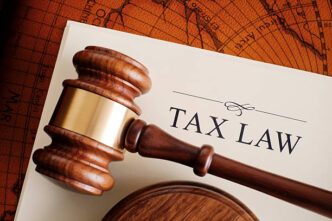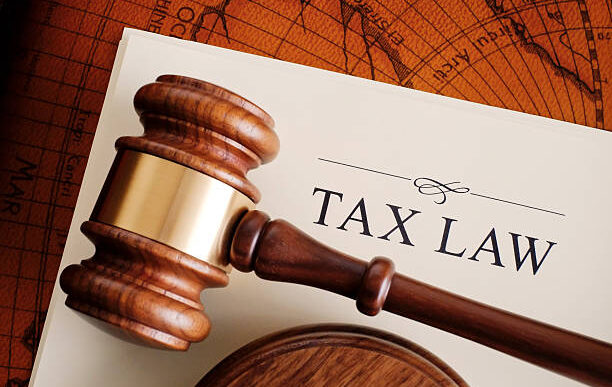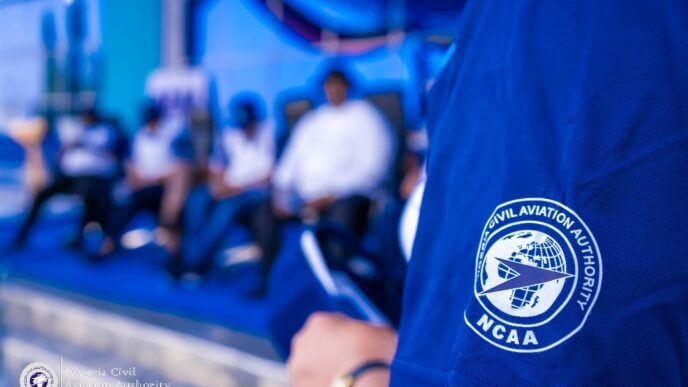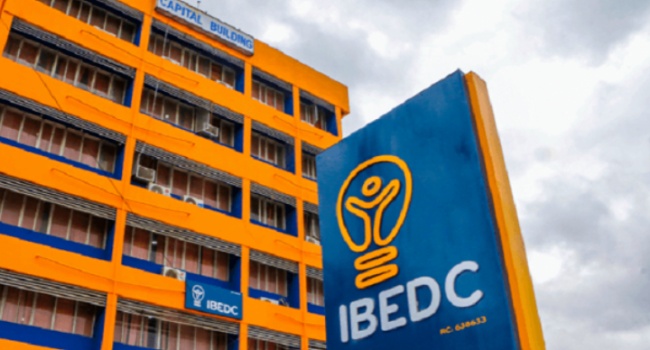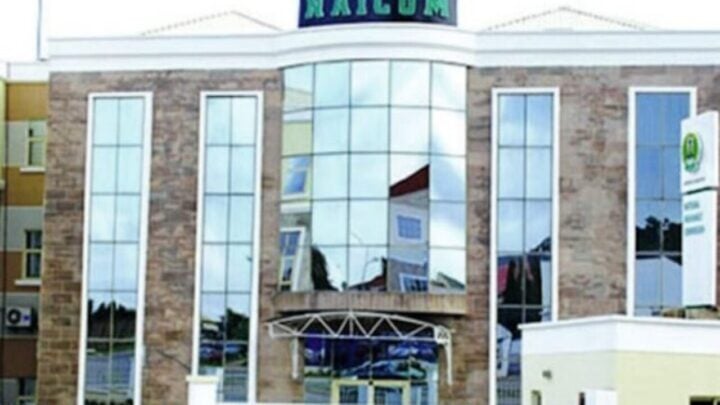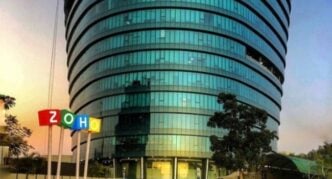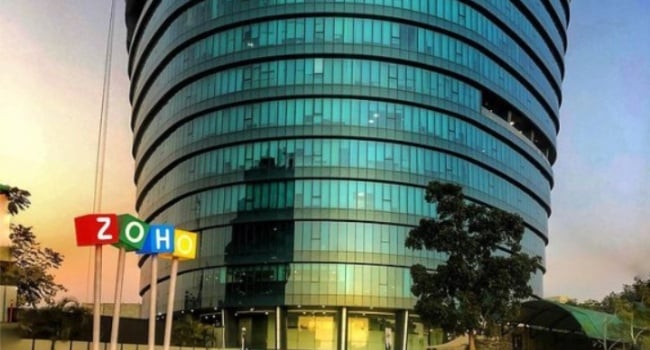The Corporate Accountability and Public Participation Africa (CAPPA) has commended the federal government’s plan to earmark revenues from excise taxes on alcohol, tobacco and sugar-sweetened beverages (SSBs) for health financing.
The organisation described the initiative as an opportunity for the President Bola Tinubu administration to leave a legacy of sustainable funding for Nigeria’s health sector.
Speaking at a recent national health-financing dialogue in Abuja, Taiwo Oyedele, chair of the presidential fiscal policy and tax reforms committee, disclosed that the government is finalising a draft policy to channel revenues from excise taxes into health funding.
Oyedele said the draft will soon be submitted to the minister of health and social welfare.
Advertisement
Reacting in a statement on Monday, Akinbode Oluwafemi, executive director of CAPPA, said the move demonstrates commitment towards tackling the rising prevalence of non-communicable diseases (NCDs) such as diabetes and cancer, which account for nearly 30 percent of deaths in the country.
The group noted that the World Health Organisation (WHO) had advised Nigeria and other member states to “raise the prices of sugary drinks, alcohol, and tobacco by 50 percent through taxation over the next decade” to curb NCDs.
CAPPA urged government to go beyond earmarking revenues by raising the taxes to levels that could reduce harmful consumption, encourage product reformulation, and ease Nigeria’s health burden.
Advertisement
“We commend the government for proposing to earmark the revenues from SIN tax to public health, as long advocated by WHO, CAPPA and other pro-public health civil society organisations in Nigeria,” Oluwafemi said.
“However, we must emphasise that in the case of sugary drinks, the impact of this draft policy will only be maximised if Nigeria significantly raises SSB tax from the current N10 per litre to at least N130 per litre, adjustable to inflation.
“CAPPA has consistently recommended, based on available evidence and in-depth research, that the current N10 per litre excise duty — introduced under the 2021 Finance Act — is grossly inadequate.
“At N10, the tax represents only about N3.33 on a N300, 50cl bottle, less than 1 percent of the retail price. Such a token measure cannot meaningfully discourage excessive consumption or generate substantial revenue.
Advertisement
“By contrast, an increase to a minimum of N130 per litre would generate up to N729 billion annually, according to expert analysis by the Centre for the Study of the Economies of Africa (CSEA).
“This revenue could offset the estimated N493.3 billion Nigeria currently spends each year treating SSB-related diseases such as diabetes and cardiovascular conditions.
“It would help curb the rising prevalence of NCDs, which already account for nearly 30 percent of deaths nationwide and threaten to overwhelm health facilities.
“It would also encourage product reformulation, pushing beverage manufacturers to reduce sugar content and, in turn, promote healthier diets.”
Advertisement

